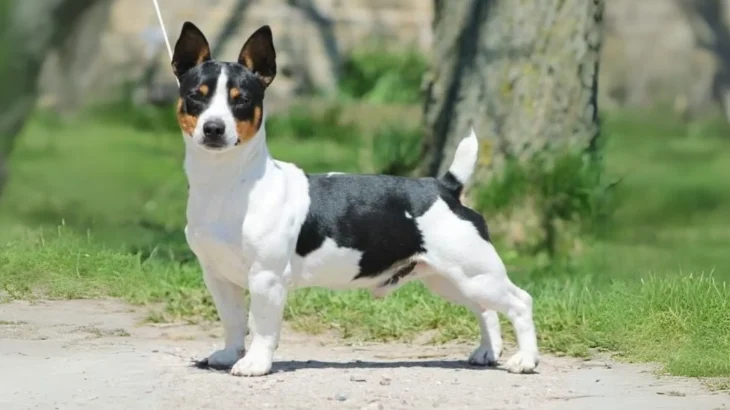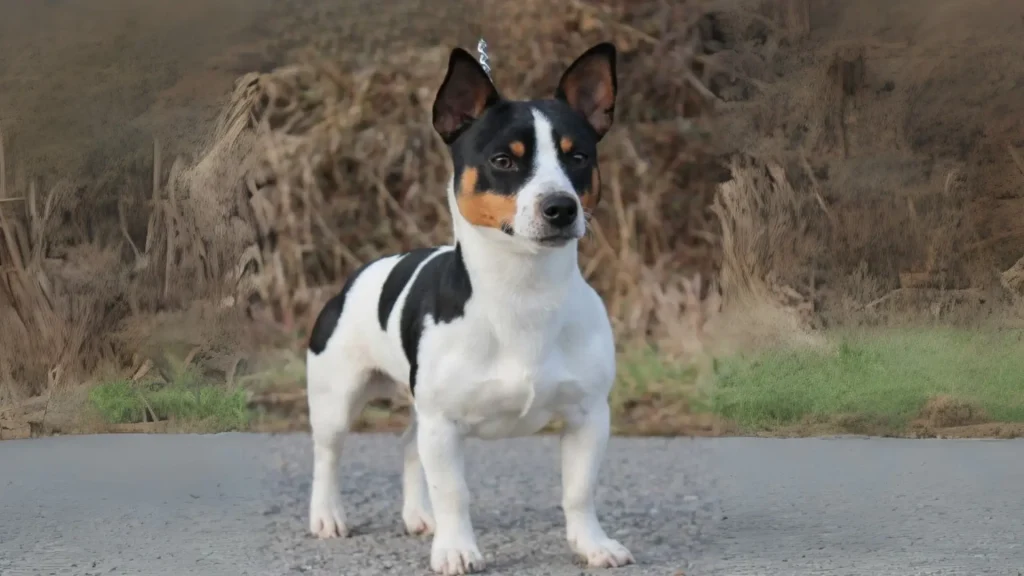When deciding to bring a Bench-legged Feist puppy home, the choice generally boils down to adopting or buying from a breeder. Adoption offers a chance to provide a loving home to a dog that may need one, while purchasing from a breeder can assure more information about the puppy's background. Each path has its unique benefits and considerations tailored to different priorities.
| Criteria | Buying from Breeder | Adopting from Shelter/Rescue |
|---|---|---|
| Cost | Typically higher due to breed-specific value and breeder expenses. | Generally lower, with adoption fees often including initial medical care. |
| Health History | More detailed health records and possible genetic screening available. | Health history may be limited or unknown but basic health checks usually done. |
| Age Availability | Mostly puppies, allowing early training and bonding. | Varied ages, including adults that may already be trained. |
| Temperament Insight | Breeders can provide insight on lineage temperament and traits. | Shelter staff can share behavior observations; full background may be unclear. |
| Supporting Practices | Supports breed preservation when using responsible breeders. | Helps reduce shelter populations and gives a home to a pet in need. |
| Ethical Considerations | Important to ensure breeders are ethical and avoid puppy mills. | Promotes animal welfare by rescuing dogs that might otherwise be euthanized. |



















































